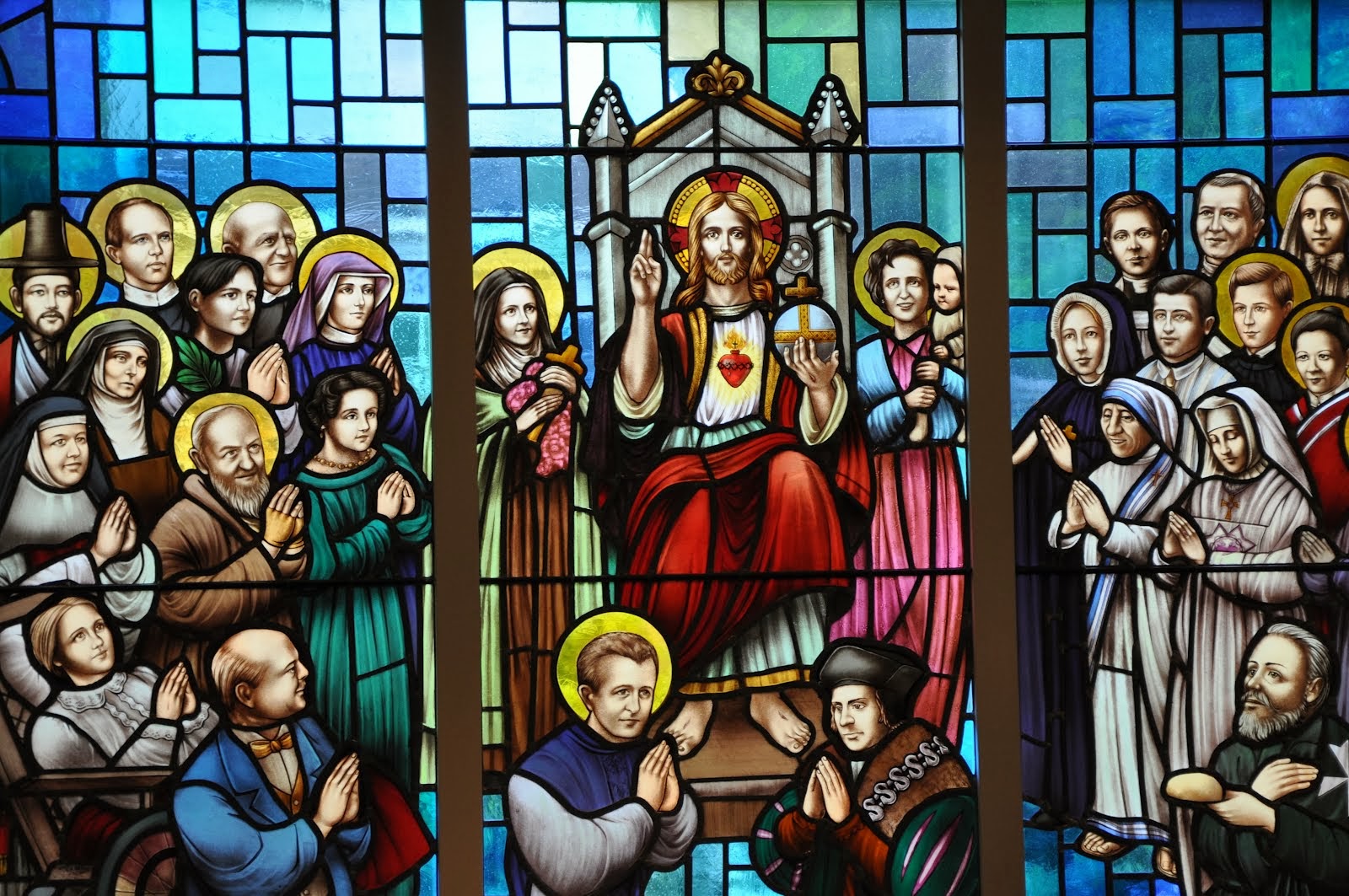
“When Peter preached the Word publicly at Rome and declared the Gospel by the Spirit, many who were present requested that Mark, who had been a long time his follower and who remembered his saying, should write down what had been proclaimed.” St. Clement of Alexandria (2nd-3rd centuries)
“The study of the inspired Scripture is the chief way of finding our duty. For in it we find both instruction about conduct and the lives of blessed men delivered in writing, as some breathing images of godly living, for the imitation of their good works.” St. Basil the Great (4th century, Doctor of the Church)
“The nature of water is soft, and the nature of stone is hard; but if a bottle is hung above the stone, allowing the water to fall down drop by drop, it wears away the stone. So it is with the Word of God: it is soft and our heart is hard, but the man who hears the Word of God often opens his heart to the fear of God.” St. Poemen (4th-5th centuries)
“Let us therefore hear the gospel just as if we were listening to the Lord Himself present: nor let us say, ‘O happy they who were able to see Him!’ Because there were many of them who saw, and also killed Him; and there are many among us who have not seen Him, and yet have believed. For the precious truth that sounded forth from the mouth of our Lord was both written for our sake, and preserved for our sake, and recited for our sake, and will be recited also for the sake of our posterity, even until the end of the world.” St. Augustine (4th-5th centuries, Doctor of the Church)
“Ignorance of the Scriptures is ignorance of Christ.” St. Jerome (4th-5th centuries, Doctor of the Church)
“In the Acts of the Apostles, Philip asked the holy eunuch who was reading Isaiah, ‘Do you understand what you are reading?’ He answered, ‘How can I unless someone should guide me?’ Yet although he had the book in his hand and took the words of the Lord into his mind, and even had them on his tongue and pronounced them with his lips, he still did not know the One he unknowingly worshiped in the book. Then Philip came and showed him Jesus, Who was concealed beneath the letter. What a wonderful teacher! In the same hour the eunuch both believed and was baptized. He became one of the faithful and a saint. He was no longer a pupil, but a master. I have touched on this instance to convince you that you can make no progress in the holy Scriptures unless you have a guide to show you the way.” St Jerome
“The Bible is a letter from Almighty God to His creatures.” Pope St. Gregory the Great (6th-7th centuries, Doctor of the Church)
“The whole series of the divine Scriptures is interpreted in a fourfold way. In all holy books one should ascertain what everlasting truths are therein intimated, what deeds are narrated, what future events are foretold, and what commands or counsels are there contained.” St. Bede the Venerable (7th-8th centuries)
“The word of God does not belong to him who bears or speaks it, but to him who puts it into practice.” St. Giles of Assisi (13th century)
“By the secret counsel of the Holy Spirit, the Scriptures have been crafted in such a way that they are plain and simple enough for every man to find in them what he needs to understand. Yet again, they are so lofty and difficult that no man is so cunning that he won’t find there things far beyond his reach, things far too deep to fathom.” St. Thomas More (15th-16th centuries)
